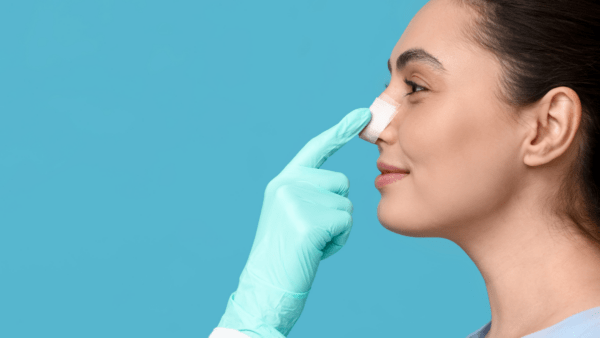
The Perfect Sound for a Good Night’s Sleep

Restful sleep is essential for both physical and mental health, yet it is usually one of the first things to be sacrificed. Year-on-year research shows Britons experience trouble sleeping, with the latest stats showing that 36% of the adults in the UK struggle to fall asleep at least once a week.
A new online tool aims to cure everyday issues through the power of coloured noise. White noise has been a front-and-centre favourite, but recently experts have been speaking out about the benefits of different colour frequency noises, such as pink, brown and green noise, in addition to white.
Currys spoke with psychologist, neuroscientist and sleep expert, Dr Lindsay Browning to discover the benefits of particular sounds for different issues- with this information has created an interactive tool called “The sound of wellness” which allows users to test the different sounds recommended for the problem they are having, discovering which one is right for them.
Listen to Pink or Green noise to help you drift off
Sounds that can help with the quality of sleep are pink noise and green noise.
Pink noise sounds similar to nature’s rustling leaves, steady rain, wind or our own heartbeat. This is noise with a logarithmic scale, which means its low frequencies are louder and higher ones quieter. Pink noise can help you evoke a deeper, less fragmented sleep that helps focus and concentration.
Dr. Lindsay Browning, psychologist, neuroscientist and sleep expert at Trouble Sleeping, said:
“It has been suggested that listening to background noise, such as pink noise, during the night can be helpful for people with insomnia. This is because, if your sleep is disturbed by external noises waking you up, such as from a barking dog or police sirens, then playing background noise can help to mask those noise interruptions. Pink noise is a background sound which is more pleasant to listen to than white noise because it contains quieter high-frequency sounds which some people can find shrill.”
Green noise is similar to pink noise but sounds more natural and is more pleasant to listen to, it sounds like rumbling rivers, trickling waterfalls and waves crashing on the beach. It is a matter of preference.
6 tips to help you sleep better!
Listening to pink and green noise before sleep is one way to improve quality, but it is also suggested you follow these tips for better sleep long term.
- Stick to a sleep schedule
Waking up and going to sleep at the same time every day can reinforce your circadian rhythm (body clock). By sticking to a routine, your body will already be ready for shuteye at a certain time and it will be easier to nod off. - More sunlight, better sleep
Your body clock works much better if exposed to sunlight as it tunes up to day/ night. A simple walk outside during the daytime can do the trick.
- Bed is only for sleeping
Breakfast in bed may be tempting, as well as opening a bag of crisps and binge-watching a favourite TV show. However, a bed should only be for sex and sleeping. Using your bed for anything else will cause your brain to associate the space with other activities, making it harder to drop off when bedtime comes around. - Limiting screen time
Blue light is on the same wavelength as daylight, which can trick your body into not producing melatonin, the natural hormone that controls your sleep cycle. Limiting screen time to two hours before bed can improve sleep quality. - Creating a calm space
A bedroom should be an oasis of peace, as much as possible, so creating an ambient that’s free of external noise and light may be another factor that influences a good night sleep. If not possible, investing in an eye mask and ear plugs is also an option.
- Cut down on caffeine
The mean half-life of caffeine in plasma of healthy individuals is about 5 hours. However, caffeine’s elimination half-life may range between 1.5 and 9.5 hours depending on the person. This means caffeinated drinks should be limited as the day progresses and stopped entirely around 5 hours before bedtime to aid sleep.














































